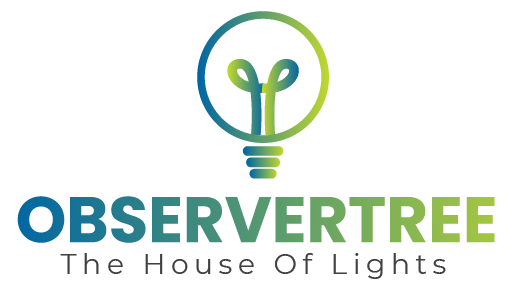John C. Umhau, MD, MPH, CPE is board-certified in addiction medicine and preventative medicine. For over 20 years Dr. Umhau was a senior clinical investigator at the National Institute on Alcohol Abuse and Alcoholism of the National Institutes of Health (NIH). Take the assessment and get matched with a professional, licensed therapist. BetterHelp How to Stop Drinking is an online therapy service that matches you to licensed, accredited therapists who can help with depression, anxiety, relationships, and more. Take the assessment and get matched with a therapist in as little as 48 hours. Group therapy, led by a therapist, can give you the benefits of therapy along with the support of other members.
- The organization was started in 1935 with the mission of bringing relief to those struggling with alcohol use.
- What’s most important is looking at your drinking habits and finding a way to cut back that works for you.
- Your doctor may be able to prescribe medication that can help, or you can usually refer yourself to a specialist alcohol team for support.
- Replacing alcohol with healthy activities that do not encourage drinking can be a healthy alternative.
- Make meetings a priority – Join a recovery support group, such as Alcoholics Anonymous (AA), and attend meetings regularly.
- When you first stop drinking, your body will begin to detoxify itself.
In her spare time, you can find her enjoying all that Vermont has to offer with her family and her dog, Winston. No one wants to deal with ear infection pain any longer than they have to. Any longer than that and it’s time to consider seeing a healthcare provider to see if antibiotics or other treatments are needed. While it has been suggested that one or two drinks per day may have health benefits, one meta-analysis found that even moderate intake has serious health risks. Women who had two or more drinks per day and men who had four or more drinks per day had significantly increased mortality. Drinking alcohol can contribute to a variety of cognitive issues, including poor memory, slow reaction time, impaired impulse control, and poor concentration.
Choosing an Alcohol Rehab Treatment Program
Remember that your loved one is ultimately responsible for managing his or her illness. It can be helpful to make a plan ahead of time for how to handle a relapse. For example, some people choose to write a list of reasons why they want to stop drinking alcohol, and revisit the list to remind themselves after a relapse. You may want to speak with a loved one or therapist about a strategy to prevent relapses from happening. Dietary guidelines recommend that if you drink, men limit daily drinking to two drinks or less per day and women limit their drinking to one drink or less per day.
Eating nutritious food, exercising, and getting enough sleep can help reduce some withdrawal symptoms, such as mood swings. If don’t have much of an appetite, you may want to take a multivitamin or drink a beverage high in electrolytes, such as a sports https://ecosoberhouse.com/addiction-rehabilitation-center/ drink. If you take prescription medication, continue to take it as directed. Researchers also suggest that mindfulness-based activities may help people abstain from drinking alcohol, such as cognitive behavioral therapy (CBT) and meditation.
Home Remedies for an Ear Infection: What To Try and What To Avoid
Try to remain neutral and don’t argue, lecture, accuse, or threaten. It’s much easier to avoid drinking if you don’t keep temptations around. For 3 to 4 weeks, write down every time you have a drink and how much you drink. Reviewing the results, you may be surprised at your weekly drinking habits.
- While some options are best for those with underlying mental health disorders, others will be better for those who drink to manage life stress.
- Unless you agree for the need to change, want to change, and have some confidence that you can change.
- While not everyone who quits drinking will experience withdrawal, you are more likely to have symptoms if you have been drinking for a long time, if you drink heavily, and/or if you drink frequently.
- WFS offers both in-person and online support groups (although in-person offerings can be sparse outside urban areas).

